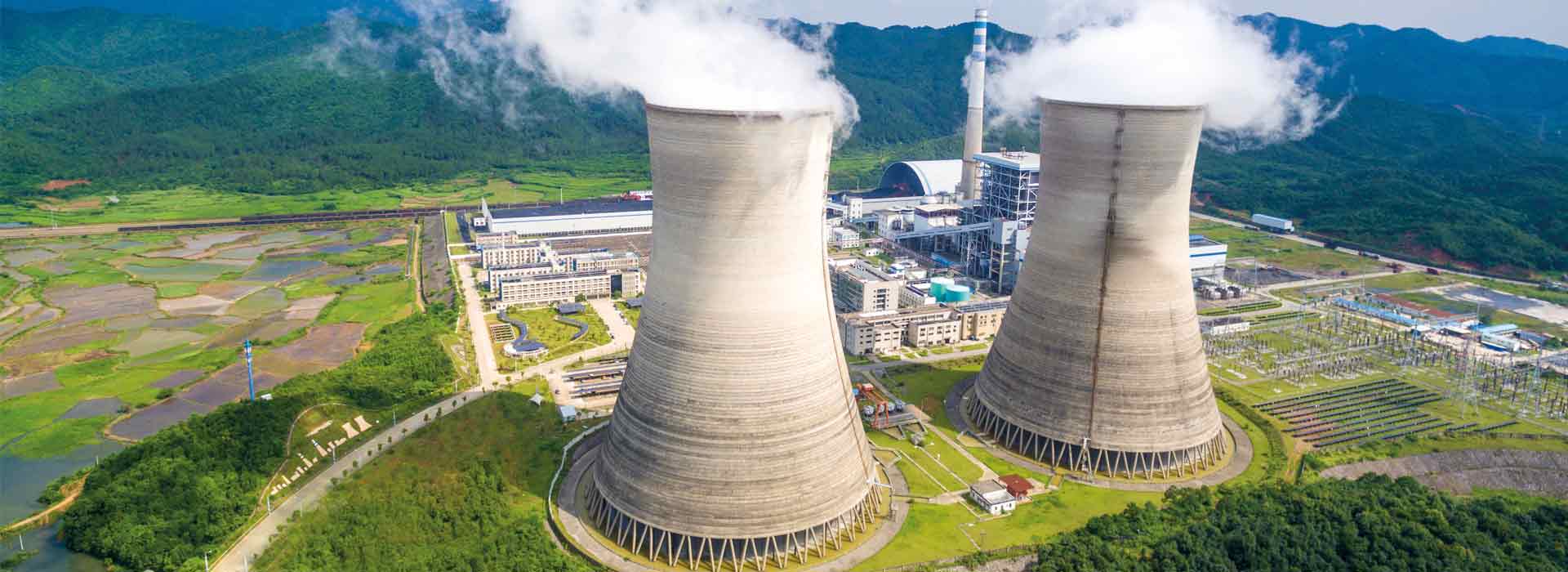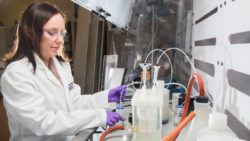The conversion of CO2 to valuable hydrocarbons could be the key to reducing atmospheric greenhouse gas emissions. It represents an attractive alternative, from a financial point of view, for large emitters compared to geological storage of carbon.
We are developing low-cost, abundant and industrially compatible catalysts to directly convert a waste product, carbon dioxide, into valuable hydrocarbons. This highly desirable process will not only provide us with a source of renewable hydrocarbons but will also provide an incentive to large CO2 emitters to support the necessary carbon costs in the first place.
By working across Chemistry and Chemical Engineering our work has been able to rapidly progress beyond first principles. Specifically we have developed a novel way of decorating carbon nanotubes with iron nanoparticles to directly convert CO2 into hydrocarbons with enhanced yield and selectivity. Not only has this led to numerous specialised and general publications but a successfully filled international patent directly resulted in a new industrially funded collaboration.
Key Research Papers
ChemSusChem 2015, 8, 4064
Chem. Commun., 2013, 49, 11683
Catal. Sci. Technol., 2014, 4, 3351
ChemPlusChem 2013, 78, 1536
Catal. Sci. Technol., 2013, 3, 115
Patent: WO 2014076487 A1
Partners

Alumni Involved











